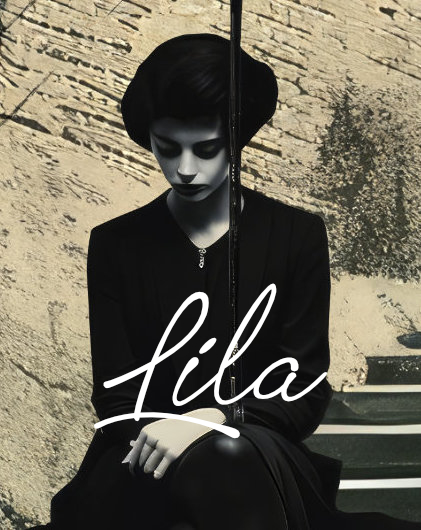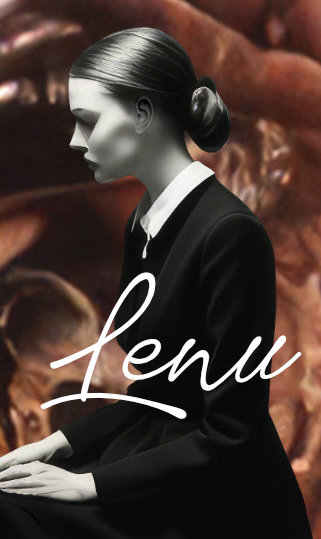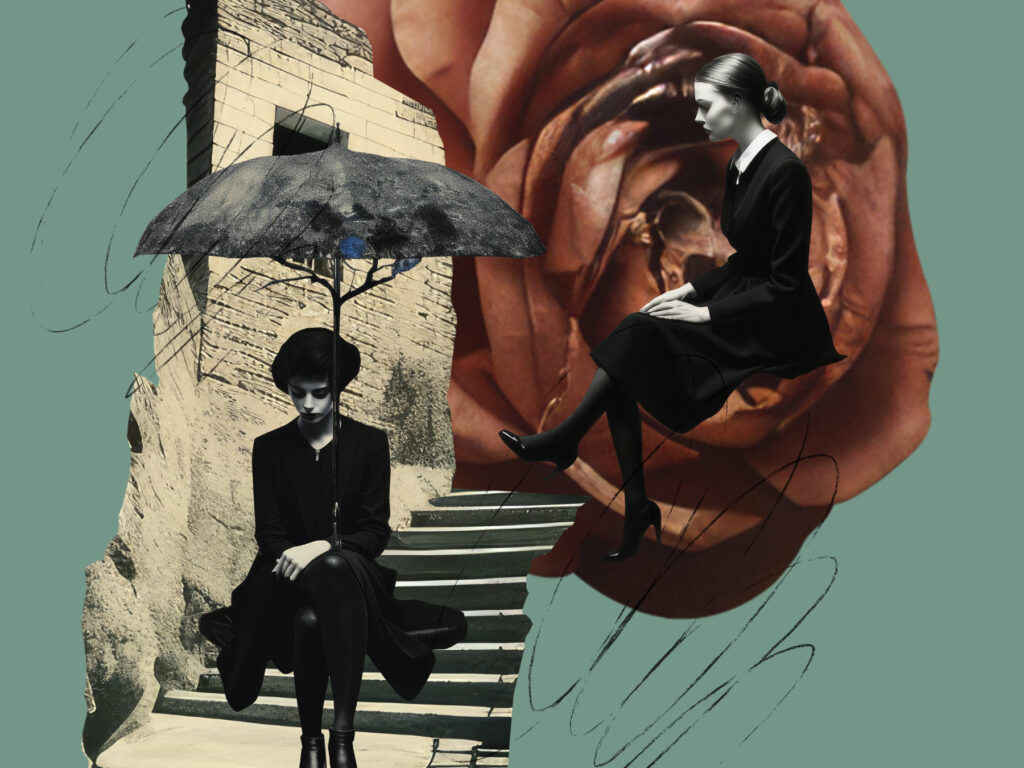For years, I heard whispers—no, full-blown intellectual shouting—about The Neapolitan Novels, also known as The Neapolitan Quartet, the four-part fiction series by the famously mysterious Italian author Elena Ferrante. A few years back, I attempted to read My Brilliant Friend, the first book, but for some reason, I can’t recall (brain fog? short attention span? distraction by pizza?); it didn’t hold my interest.
Then, the New York Times declared it the #1 Book of the 21st Century (so far), and I figured, well, if the Times says it’s the literary equivalent of oxygen, maybe I should give it another go. And let me tell you—I’m glad I did. I inhaled all four books in a month like they were a limited-edition dessert, and as soon as I finished, I binged the entire Italian TV adaptation, My Brilliant Friend, while pretending it totally counted as brushing up on my Italian.
Here’s my take on the main characters:
Raffaella “Lila” Cerullo

Lila Cerullo is less of a person and more of an elemental force—brilliant, stubborn, and armed with the kind of sharp mind that could outwit Socrates while simultaneously smacking him with a loaf of bread for asking too many dumb questions. Unfortunately, her intelligence is wasted in a neighbourhood where the biggest philosophical debate is whether you should punch someone before or after insulting their mother.
Elena “Lenu” Greco

Her best frenemy, Lenu, is the classic overachiever—hardworking, studious, and desperate for recognition. She wants to shine, but standing next to Lila is like trying to be a nightlight in front of the sun. Just when Lenu finally feels like she’s having her main-character moment, Lila casually solves an advanced math equation while peeling an orange, and suddenly, Lenu feels like a particularly slow tortoise in a race she didn’t even sign up for.
But Lila’s genius is also her greatest burden. She dreams of escaping their suffocating, patriarchal neighbourhood, but every time she gets close, she realizes the outside world isn’t necessarily better—just different, with fewer people she can manipulate. She marries Stefano, thinking it’s her golden ticket out, but instead, she finds herself in a fresh new circle of hell, where her choices are bad or even worse.
In the end, Lila fights against her fate like someone trying to outswim a tsunami—fierce, determined, and fully aware that the wave is probably still going to win. Meanwhile, Lenu just keeps running, hoping that one day she’ll finally step out of Lila’s shadow—except at this point, she’s pretty sure Lila is the sun.
There were plenty of times I wanted to grab both Lila and Lenu by the shoulders and yell, What are you doing?!—or just hand them a map to a better life. Sometimes, I didn’t understand their decisions; other times, I outright disagreed with them. And yet, I couldn’t look away. I stuck by them like a nosy neighbour peeking through the blinds, completely invested in their chaos. Did I like them? Honestly, I’m not sure. But they burrowed into my heart, flaws and all, and refused to leave.
Because in the end, they’re just two people trying their best with the messy, complicated circumstances life throws at them. And really—aren’t we all?
